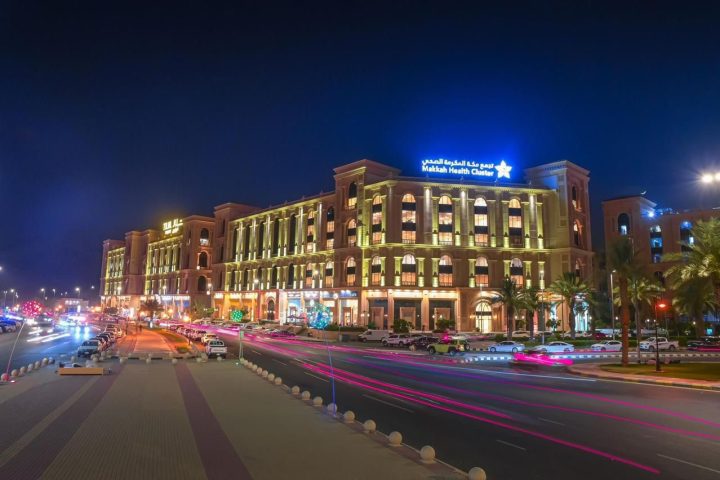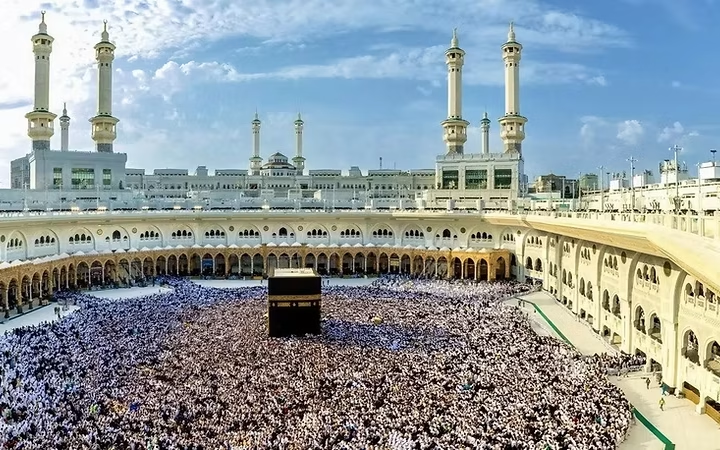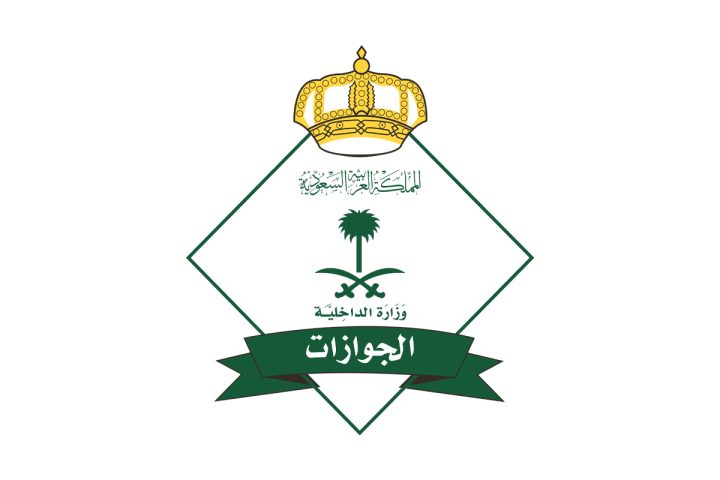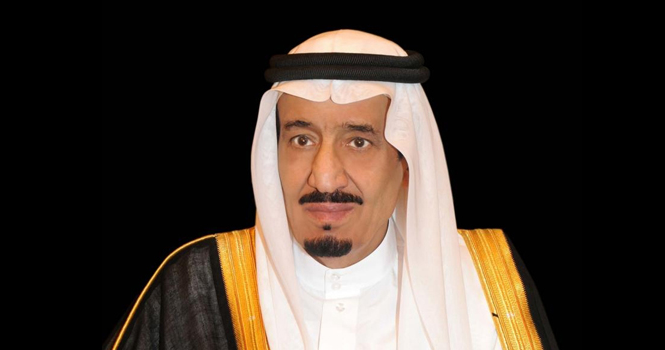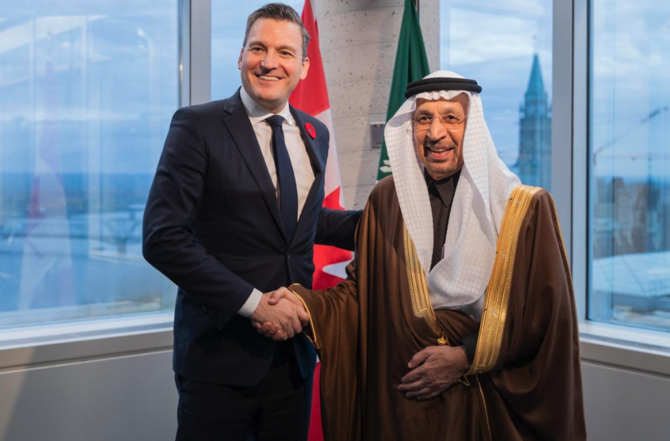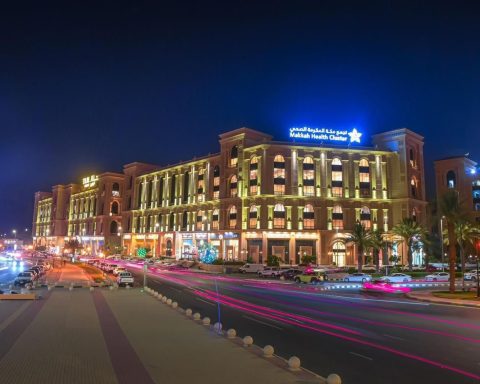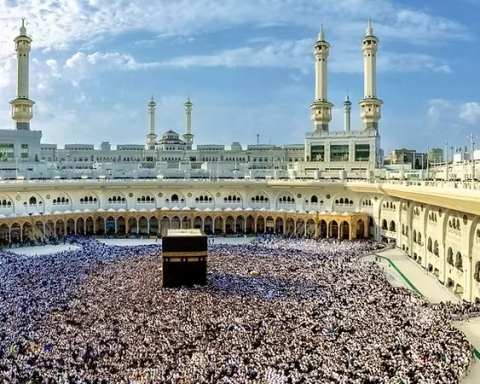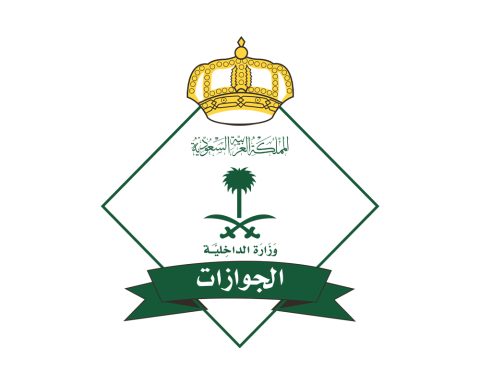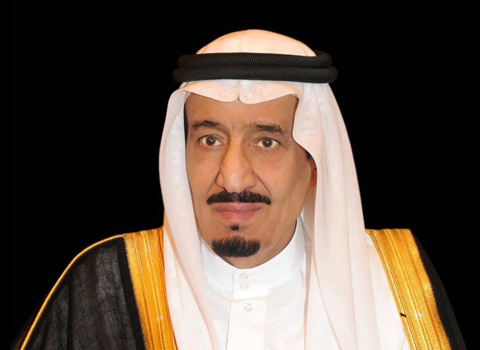By Izabella Rekiel
Since the launch of Vision 2030 in 2016, Saudi Arabia has undergone a profound transformation in women’s sport. What began with only a handful of registered female athletes and no official women’s clubs has evolved into a thriving ecosystem of opportunity.
Women’s participation in sport has risen by more than 150 per cent, with over 330,000 registered female athletes and more than 400 women’s sports clubs nationwide. Female membership in community clubs has reached about 45 per cent of all members — a remarkable leap from less than 10 per cent, likely closer to 5 per cent, before 2016.
This acceleration reflects not only national policy and investment but also a deep cultural shift. Female athletes, coaches and administrators are now visible across fields, tracks and stadiums, shaping the Kingdom’s new sporting identity.
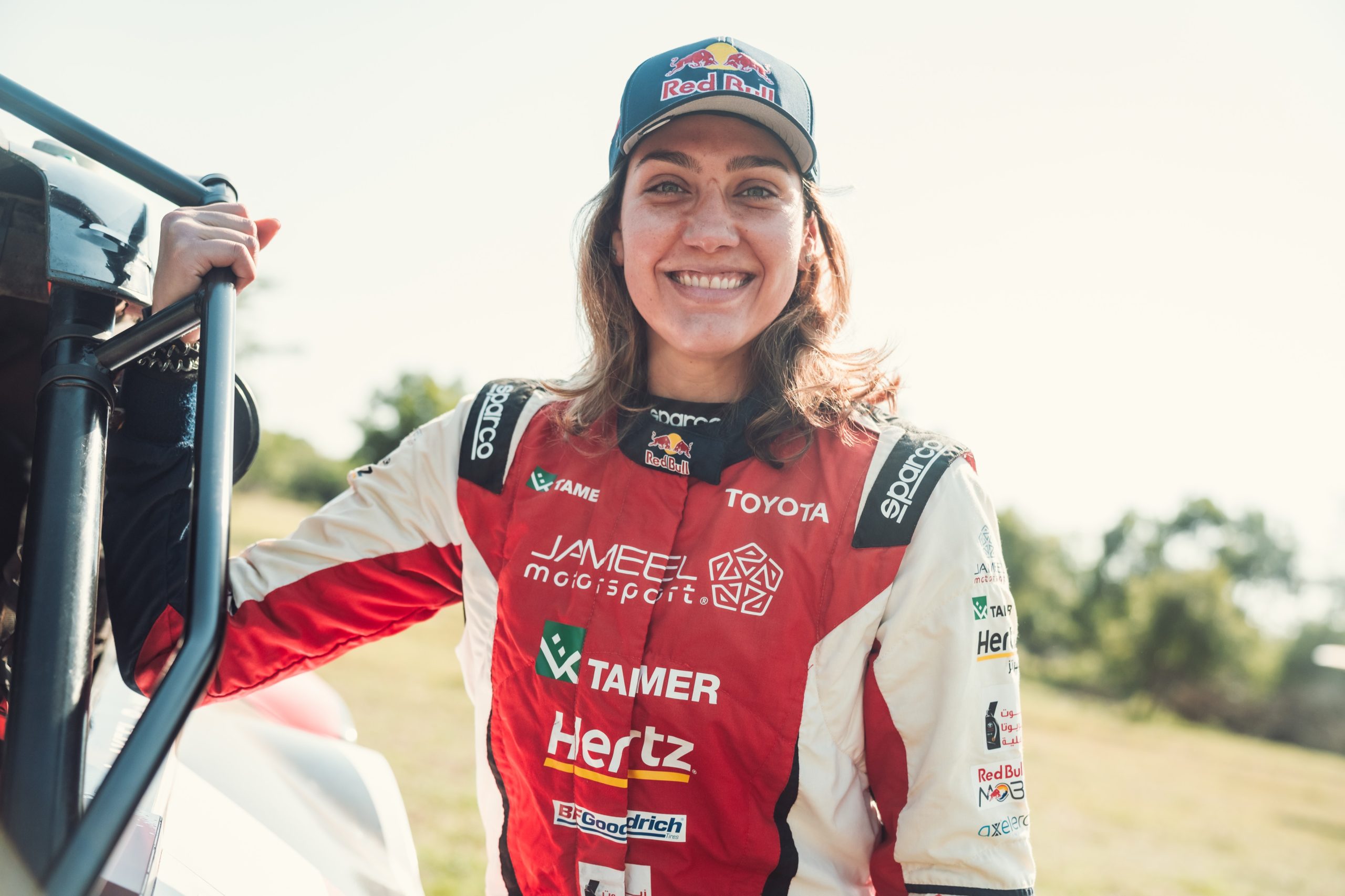
From Barriers to Breakthroughs
Among those driving the change in motorsport is Dania Akeel. The rally raid driver, who made history as the 2024 FIA Middle East Cup Baja Champion says her early development depended on two crucial factors — knowledge and access.
Speaking to Izabella in Riyadh, Dania says “The support I got really from the Federation was how much knowledge they gave me and access to the sport,” she said. “They invited me to the events, the rallies, and yeah, with that access I got to know the game.”
Financial obstacles, she added, were a major challenge, especially in the early stages of her career.
“After signing with Red Bull, I became exposed to better quality sports tools — better equipment, better championships. I got the right advice from that environment because they were exposed to top athletes.”
For Dania, the next step is ensuring structured, long-term support for future athletes — programmes that build skills, mentorship, and funding from the earliest stages.
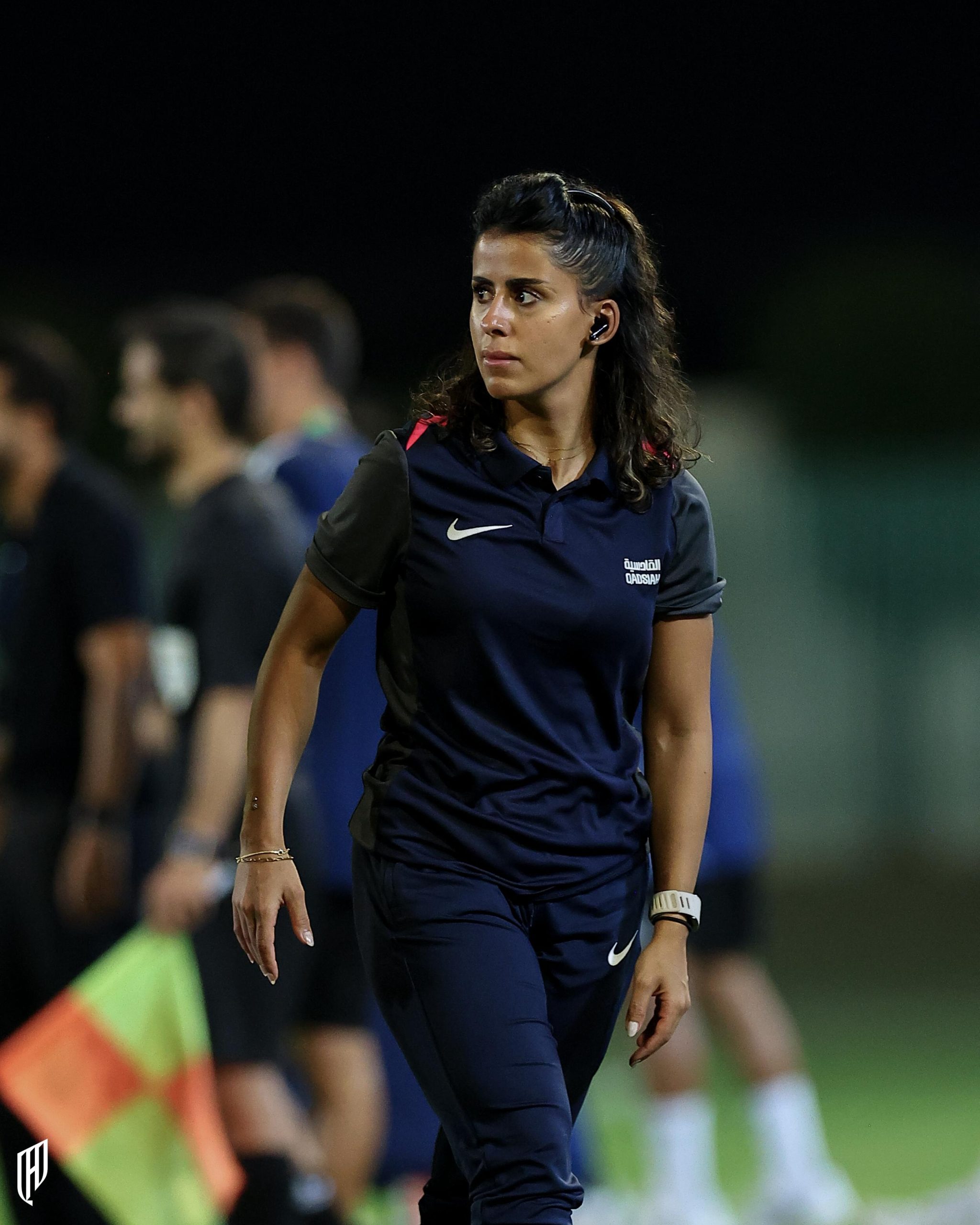
Football: Building from the Ground Up
Football has experienced one of the most visible transformations. The creation of the Saudi Women’s Premier League, regional training centres and national youth teams has made the game accessible to thousands of young women.
Jana Mohammed, assistant coach at Al-Qadsiah Saudi Women’s Football Club based in Al Khobar in the Eastern Province, began her journey when no such structures existed.
At a women’s summit in Riyadh, Jana spoke of her early experience – “At the time, there was nothing — there was no coaching, nothing. I wanted to join courses so I can learn more about football… Then Monika Staab the technical director of Saudi football at that time saw me and believed in me… She explained how things will change in the future and how the government is really supporting the federation — there will be Saudi Women’s football actually.”
Today, Jana is focused on developing youth pathways and equal access across the Kingdom’s vast regions.
“Any girl who wants to play football in any region, in any town, in any small village, there should be a place where she can go and practise and play football in a safe and professional environment,” she said. “Because, you know, as girls, we cannot go to the streets and play. It’s not common. So we need these places.”
Her perspective highlights the next phase of growth — grassroots inclusion, education, and scouting. She believes many talented young girls remain unseen simply because they lack access or opportunity.
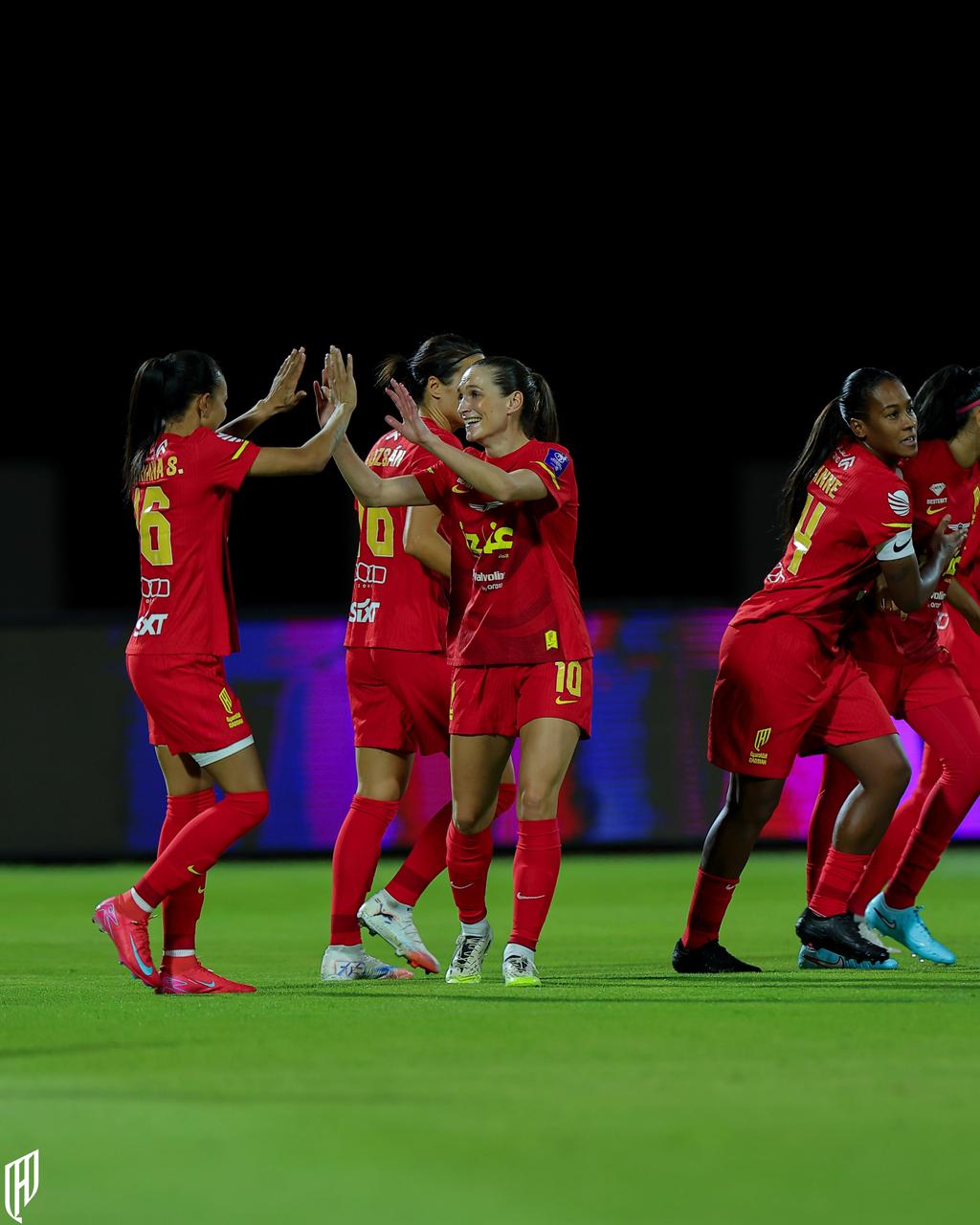
A Culture in Motion
The rapid rise in women’s sport mirrors wider social change. Families are increasingly supportive of daughters who compete publicly, while federations and sponsors are investing in development programmes and global expertise. The Saudi Arabian Football Federation (SAFF) announced increased funding for the 2024-2025 season. 60 million SAR was allocated to support and develop women’s football clubs , an extra boost of 10 million SAR from the previous season.
New facilities, coaching licences, and professional competitions are reshaping expectations — both on and off the field.
For Dania and Jana, the message is consistent: empowerment comes from structure, opportunity and belief. Saudi women are not only participating in sport; they are helping build the frameworks that will define it for generations to come.
From rally tracks to football stadiums, the Kingdom’s female athletes and coaches are leading a movement that embodies Vision 2030’s spirit — one of ambition, excellence, and inclusion.
“When you have a clear goal, there are no barriers,” Dania said.
The statement captures the essence of Saudi Arabia’s sporting transformation: clear goals, shared purpose, and the determination to make opportunity the new normal.




